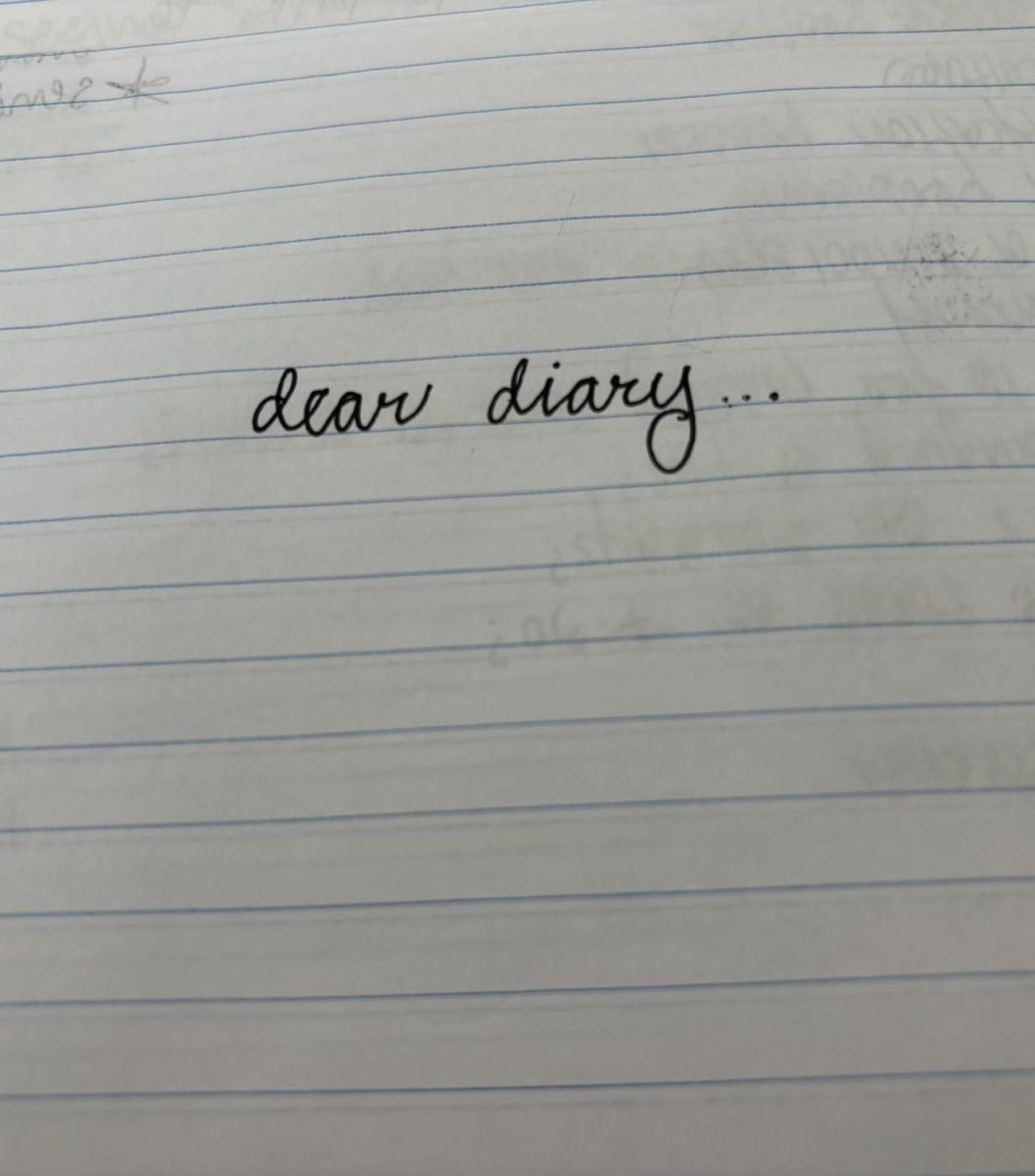Over the past few years there has been an explosion of new information and resources about mental health. From “health guru” videos reminding people to drink water to posters around the school advertising local resources, the term “self-care” has become quite prevalent in modern culture. Everyone has different ways of maintaining their physical and mental well-being. Some examples are working out everyday, going to therapy, spending time with family, meditating or practicing a religion.
The start of school can be hectic but it is important to keep up with healthy habits. Creating a routine that impacts your day in a positive way can ensure happiness, motivation and productivity.
One of these habits could be journaling or keeping a diary. It does not have to be the stereotypical “book of secrets” that you see in the movies. Putting a pen or pencil to paper is a valuable practice that is near lost in this age of technology. According to Scientific American, the process of handwriting rather than typing actually increases brain activity and information processing.
In addition, journaling can help solve problems in your personal life. Social psychologist James Pennebaker claims the ritual of writing stuff down, “helps to organize an event in our mind, and make sense of trauma.” Pennebaker also recommends journaling as a coping mechanism or if you are feeling stuck in your life.
However, author Julia Cameron had quite a different perspective on the practice in her book The Artist’s Way, a work that focuses on increasing one’s capacity for creativity (yet another benefit of keeping a journal). Cameron believes in an approach that she calls “morning pages”. This means three pages of stream-of-consciousness writing done in the morning, shortly after you wake up. Cameron acknowledges that these pages can contain negative, grumpy, or worried thoughts at times. She states in her book,“It is very difficult to complain about a situation morning after morning, month after month, without being moved to constructive action.”
Writing can help get rid of uncomfortable feelings, worries, or anything that may be holding you back from what is important in your life. Journaling is an easy tool to utilize because it is not very difficult to set aside a few minutes in the morning or before you go to sleep. All you need is a writing utensil and some paper.
Additionally, writing frequently and filling up journal after journal can be a gratifying experience and have a lot of benefits. Some use their old entries as a written history of their life that they can read through and see how much they have grown.
A brain dump is a great way to get started with journaling because it is virtually impossible to get stuck. There is no writer’s block because your brain is always thinking, even if it is, “why am I even journaling right now? I’d rather do anything else.”
One sentence leads to another and then you end up with pages and pages. Or switch it up; try journaling with your non-dominant hand or recording your thoughts if you do not like writing (kind of like a personal podcast).
Journaling could be the perfect addition to your routine to reach your goals, get through challenges, regulate emotions, and look after your mental health.
More to read on the topic:

